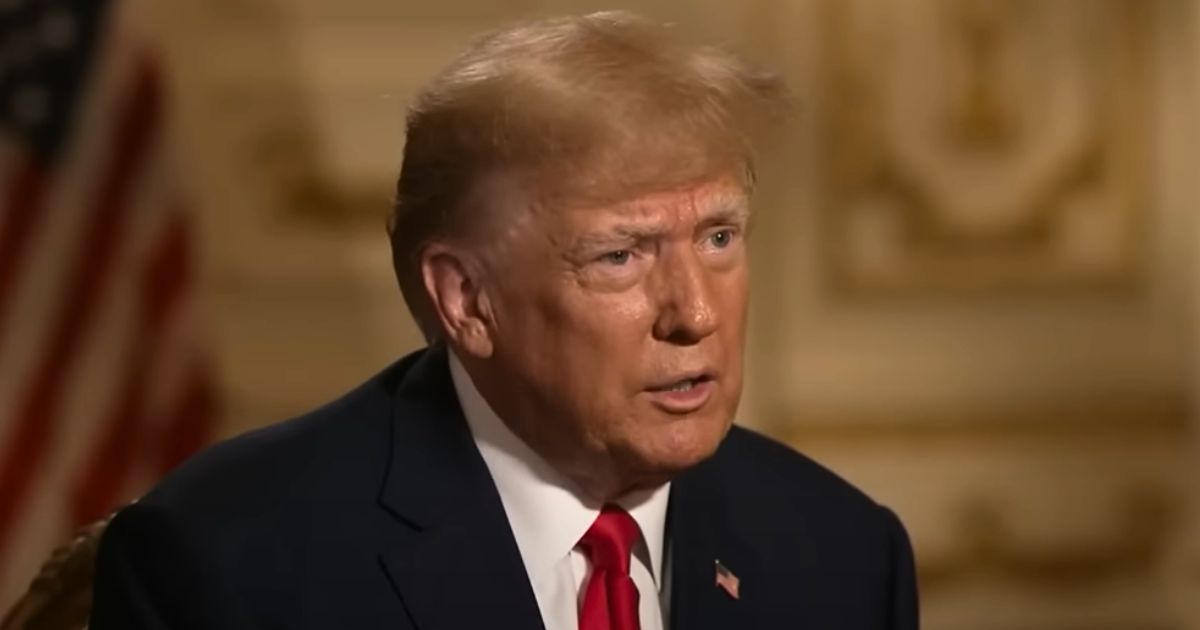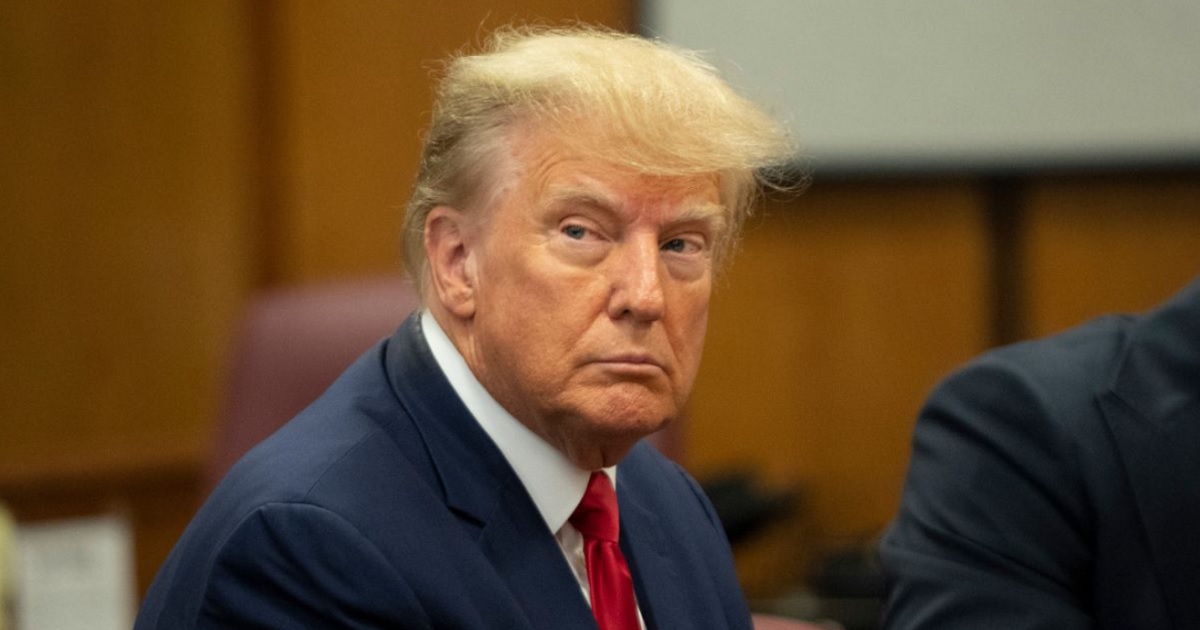Trump and Salvadoran officials counter CNN inquiry regarding MS-13 suspect's deportation
A heated exchange between President Donald Trump's cabinet officials and CNN's Kaitlan Collins unfolded in the Oval Office over the deportation of a suspected MS-13 gang member.
According to Breitbart, the confrontation erupted when Collins questioned whether the administration would pursue the return of Kilmar Abrego Garcia, an El Salvadoran national, despite pro-migration attorneys arguing he was wrongfully deported.
Attorney General Pam Bondi initiated the defense by citing two immigration courts' confirmation of Abrego Garcia's MS-13 membership.
White House Deputy Chief of Staff Stephen Miller followed with a comprehensive explanation of the legal framework surrounding the case, emphasizing the Supreme Court's unanimous ruling against forcing the administration to return the deportee.
Supreme Court backs Trump's deportation decision
Stephen Miller delivered a detailed breakdown of the legal proceedings that validated the administration's actions.
Multiple immigration courts confirmed Abrego Garcia's MS-13 affiliation, triggering automatic disqualification from immigration relief under Trump's designation of MS-13 as a foreign terrorist organization.
The Supreme Court's unanimous decision effectively blocked any attempts to compel his return to American soil.
Miller stated:
This issue was then, by a district court judge, completely inverted, and a district court judge tried to tell the administration that they had to kidnap a citizen of El Salvador and fly him back here. That issue was raised to the Supreme Court, and the Supreme Court said the district court order was unlawful and its main components were reversed nine-zero — unanimously — stating clearly that neither secretary of state, nor the president, could be compelled by anybody to forcibly retrieve a citizen of El Salvador from El Salvador, who, again, is a member of MS 13, which as, I'm sure you understand, rapes little girls, murders women, murders children, is engaged in the most barbaric activities in the world. And I can promise you, if he was your neighbor, you would move right away.
The administration's legal team emphasized that no scenario exists where Abrego Garcia could legally reside in the United States. Miller clarified that even if El Salvador chose to return him, deportation would immediately follow.
El Salvador president rejects criminal repatriation suggestions
Salvadoran President Nayib Bukele strongly dismissed Collins's inquiries about potentially returning Abrego Garcia to the United States.
He characterized the suggestion as "preposterous" and firmly rejected any possibility of releasing the suspected gang member within El Salvador's borders.
Bukele highlighted his administration's successful transformation of El Salvador from the world's murder capital to the Western Hemisphere's safest country.
President Trump seized the opportunity to criticize media bias, suggesting that certain reporters actively advocate for criminal elements to enter the United States. Secretary of State Marco Rubio joined the criticism, leading to an increasingly tense exchange that culminated in Trump questioning Collins's credibility.
Media confrontation intensifies diplomatic discussion
The confrontational nature of the press conference underscored growing tensions between the administration and mainstream media outlets.
Trump's direct challenge to Collins's line of questioning reflected broader frustrations with media coverage of immigration policies. The exchange highlighted the administration's firm stance on deportation decisions and its unwillingness to yield to external pressure regarding immigration enforcement.
Trump's response to Collins included pointed criticism of CNN's declining viewership and questioned the network's editorial priorities. The president's suggestion that media outlets should celebrate successful criminal deportations instead of challenging them revealed deep ideological divisions in immigration policy coverage.
Case conclusion reinforces deportation policy
Kilmar Abrego Garcia's deportation case exemplifies the Trump administration's hardline approach to immigration enforcement, particularly concerning suspected gang members. The Supreme Court's unanimous ruling established a clear precedent regarding the government's authority in deportation cases.
The administration's successful defense of its deportation decision, supported by both immigration courts and the Supreme Court, demonstrates the legal framework's robustness in addressing cases involving suspected members of terrorist organizations. This case reinforces the government's position on protecting national security through strict immigration enforcement.





